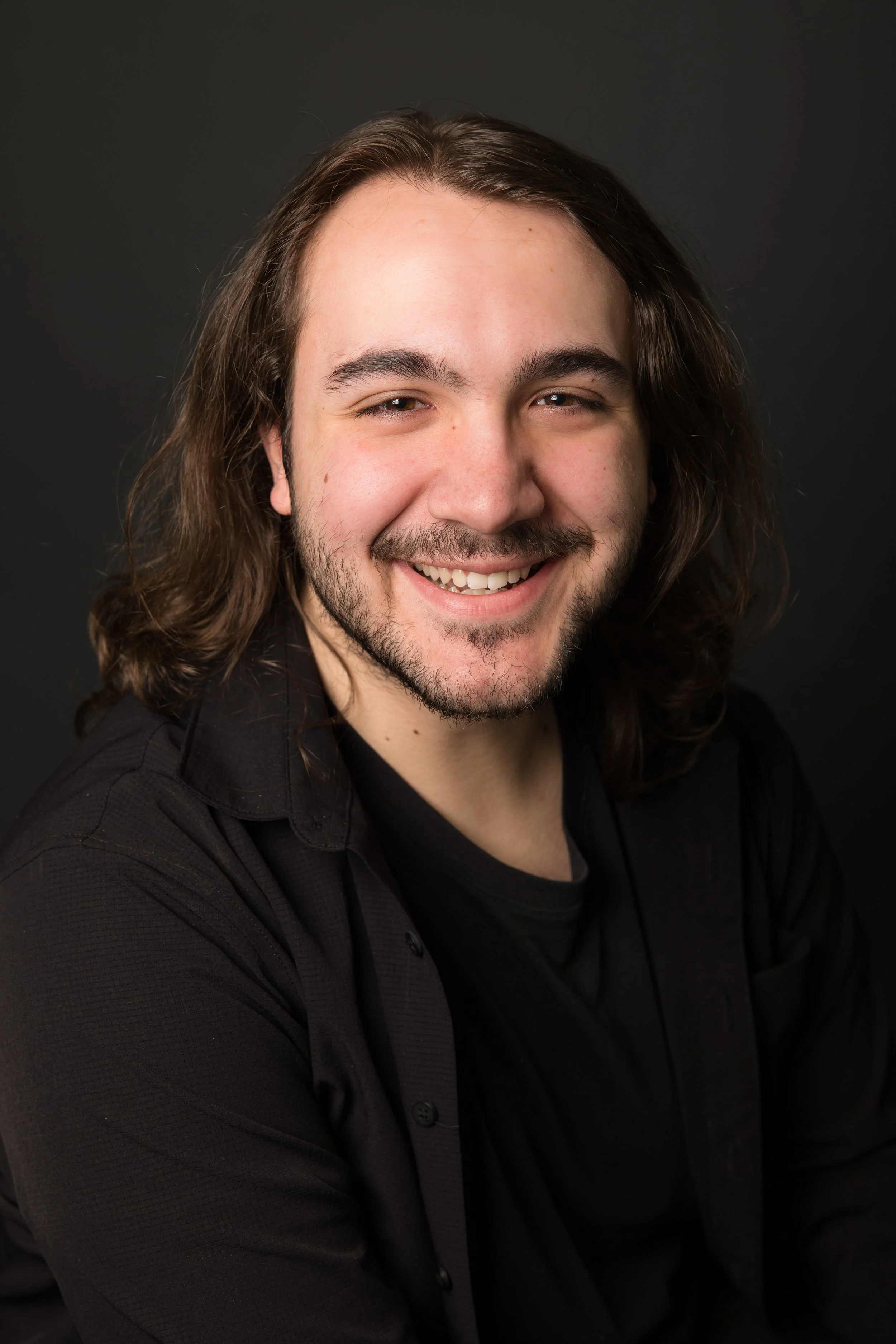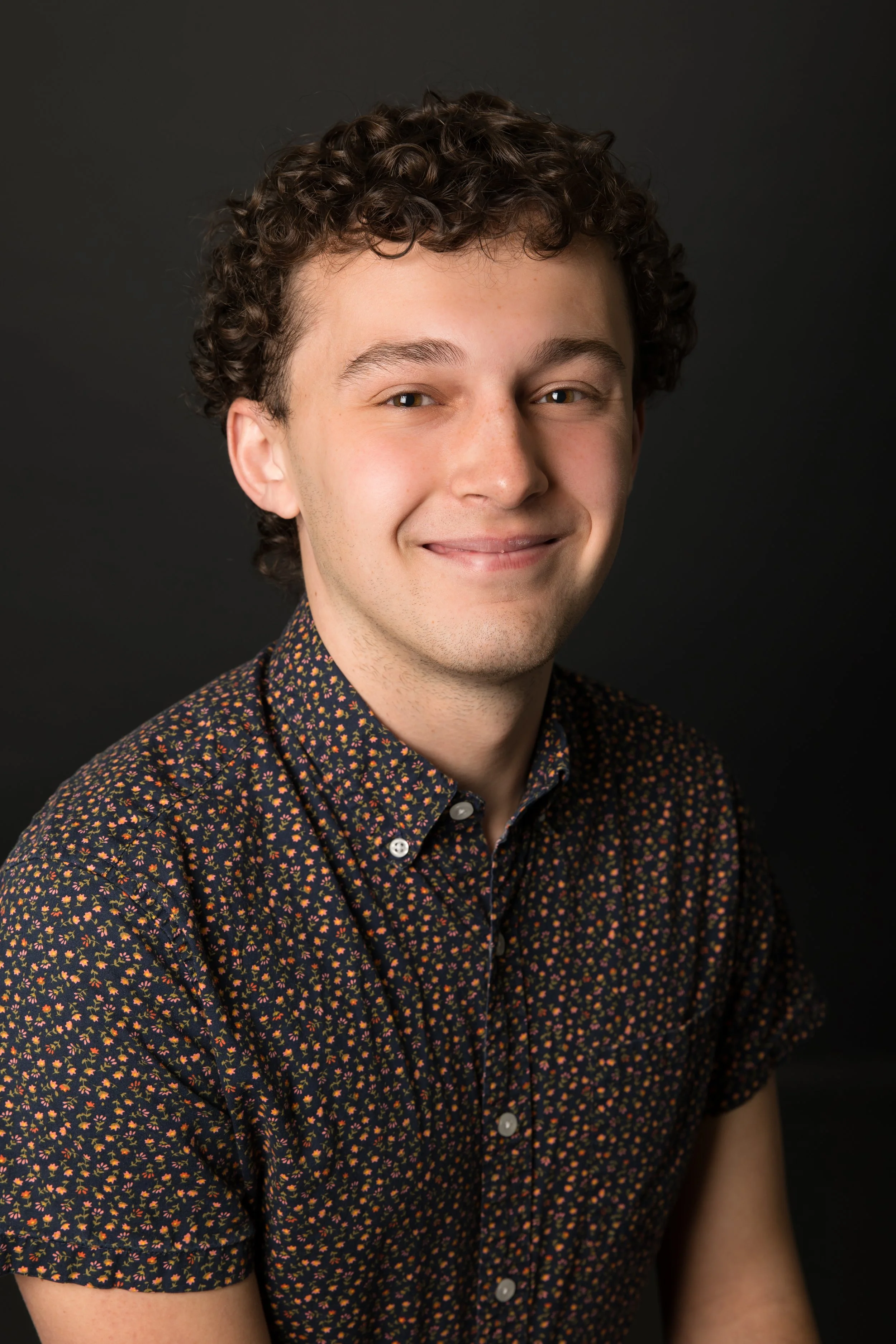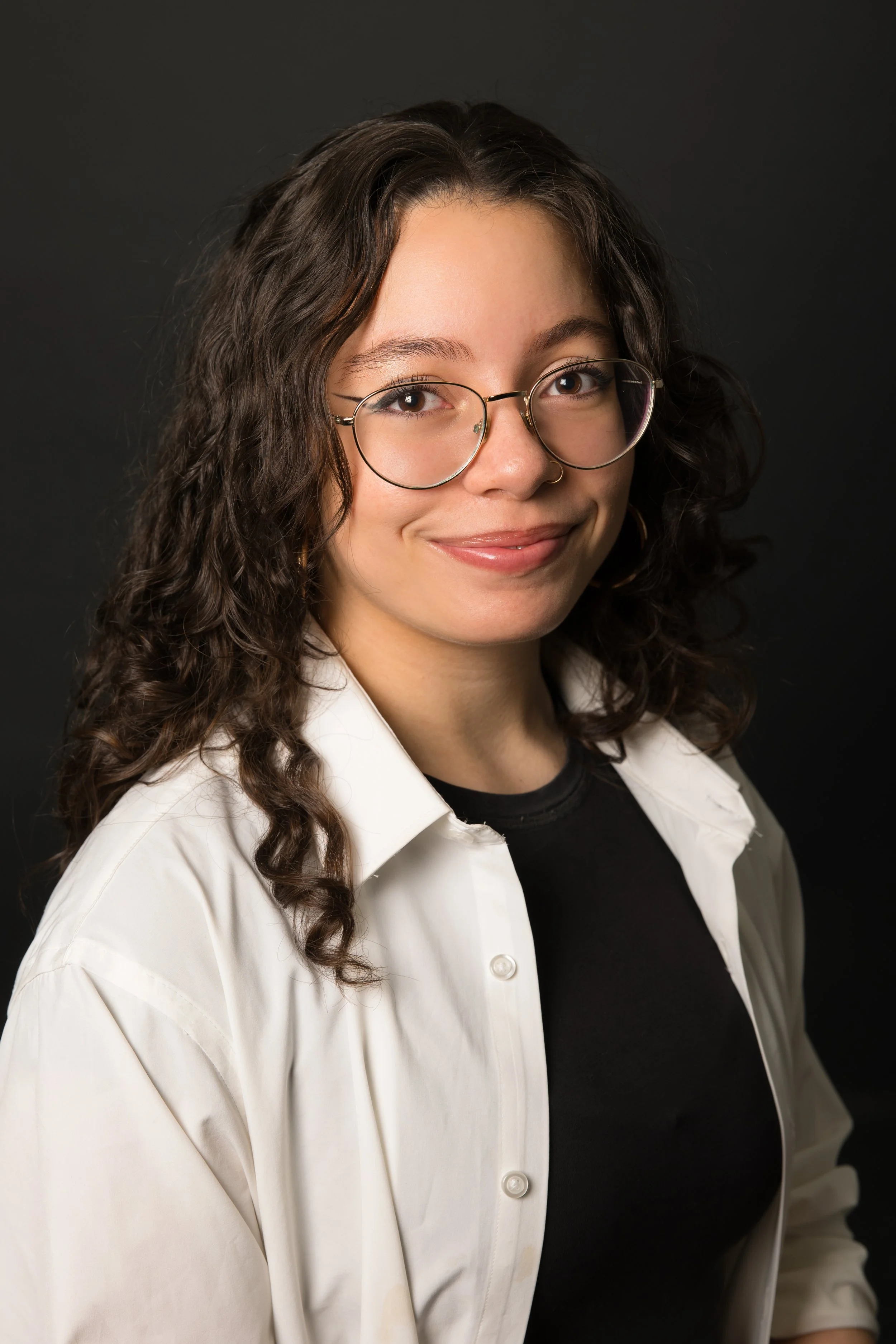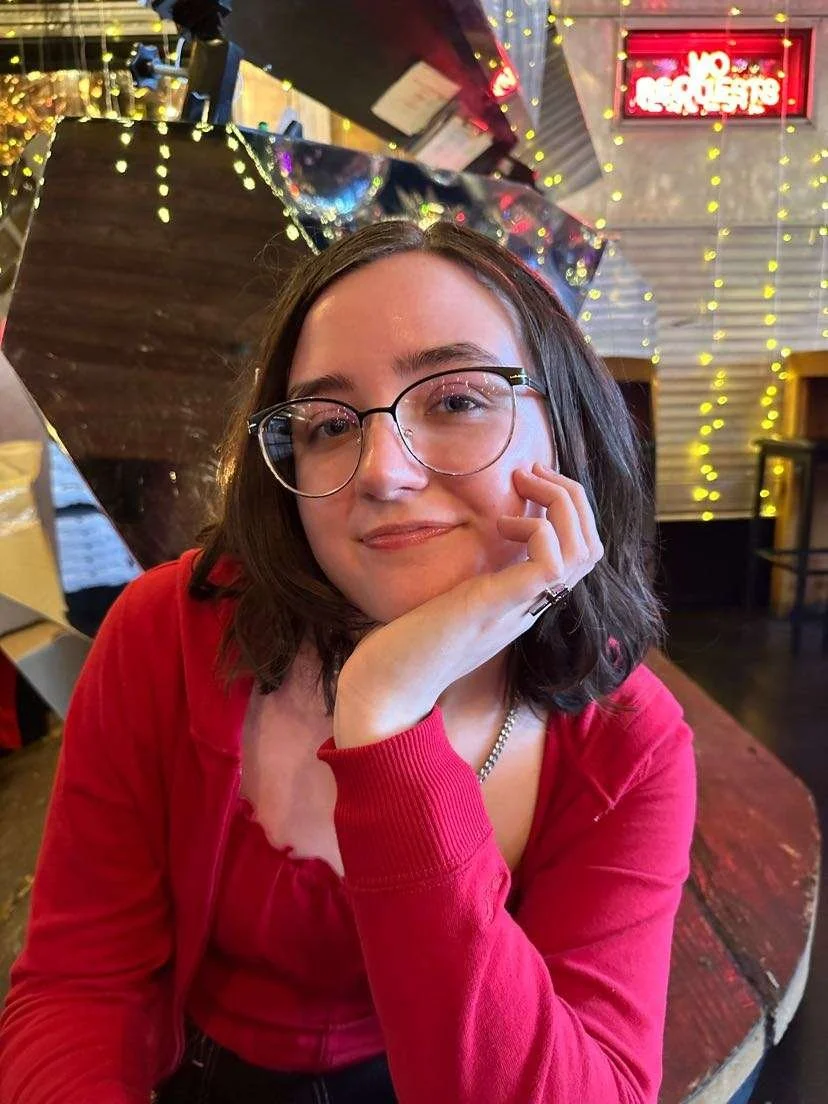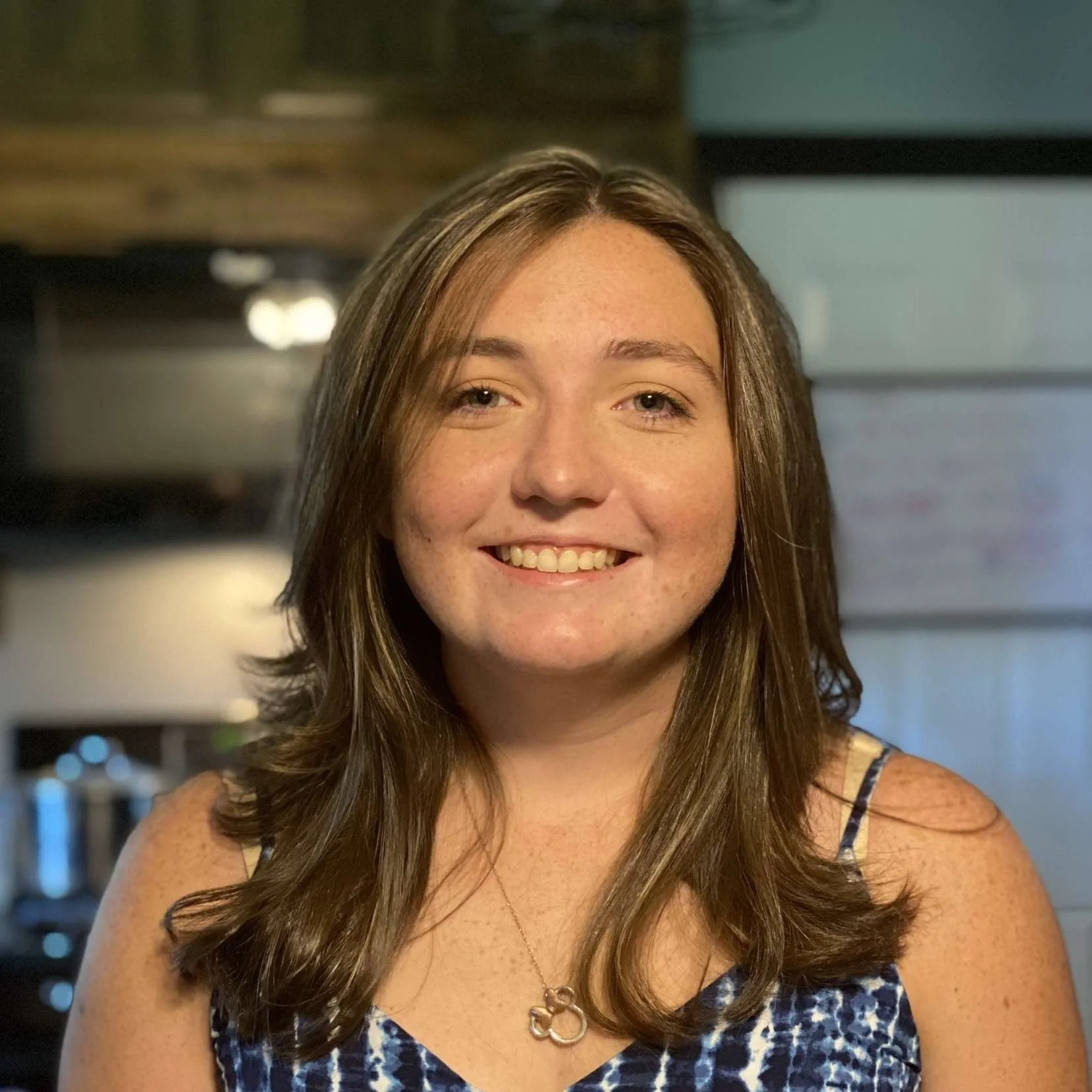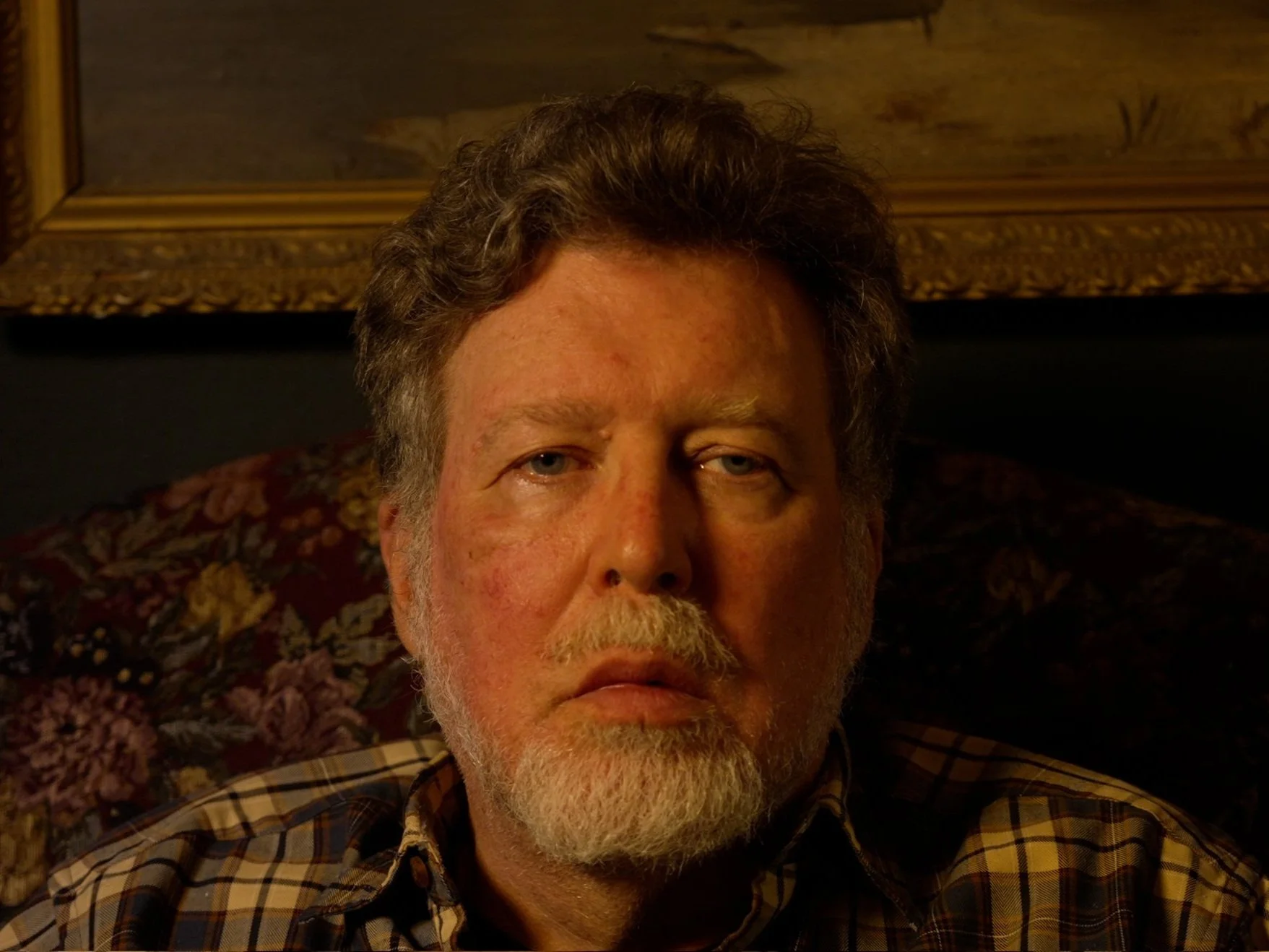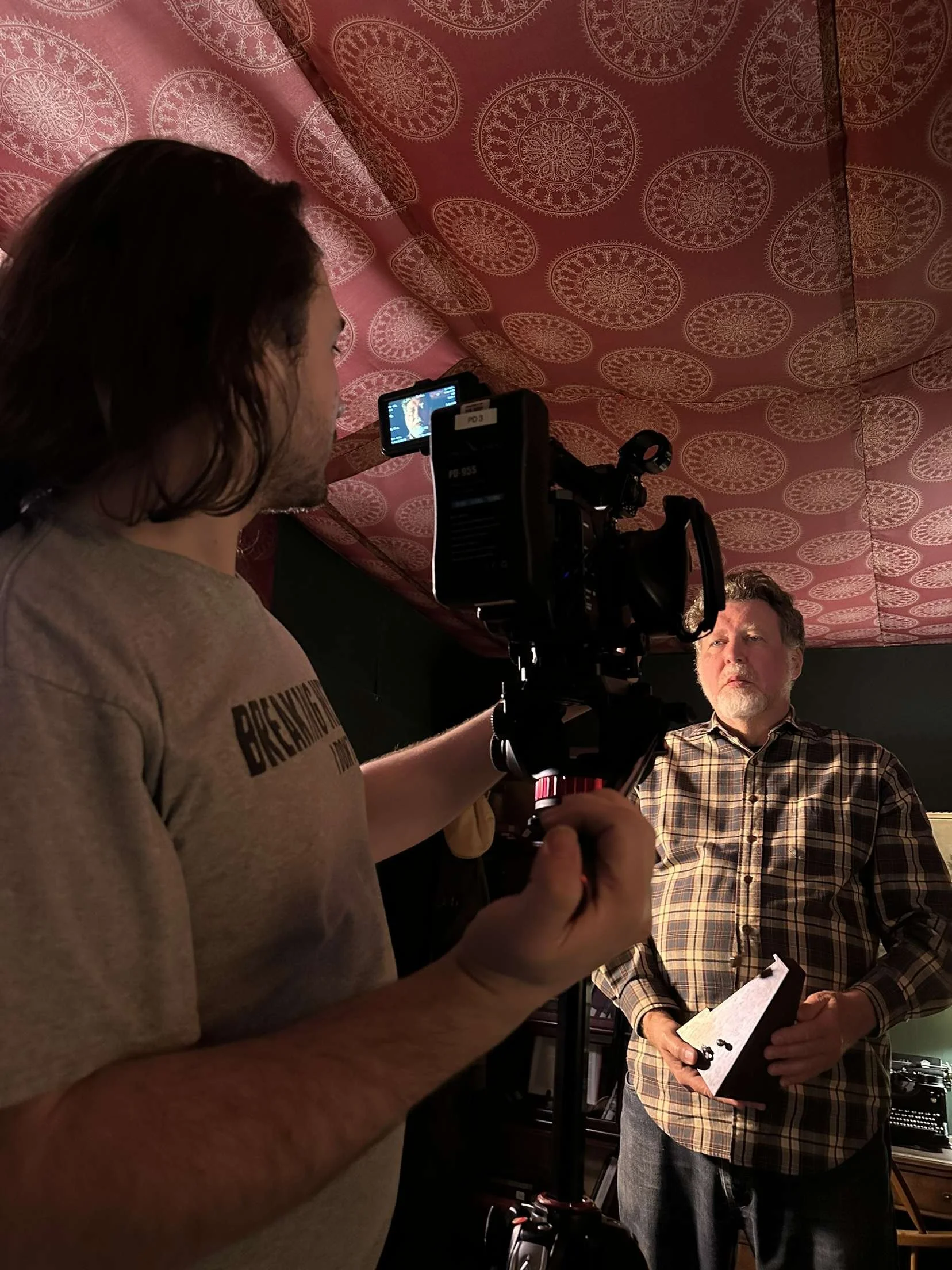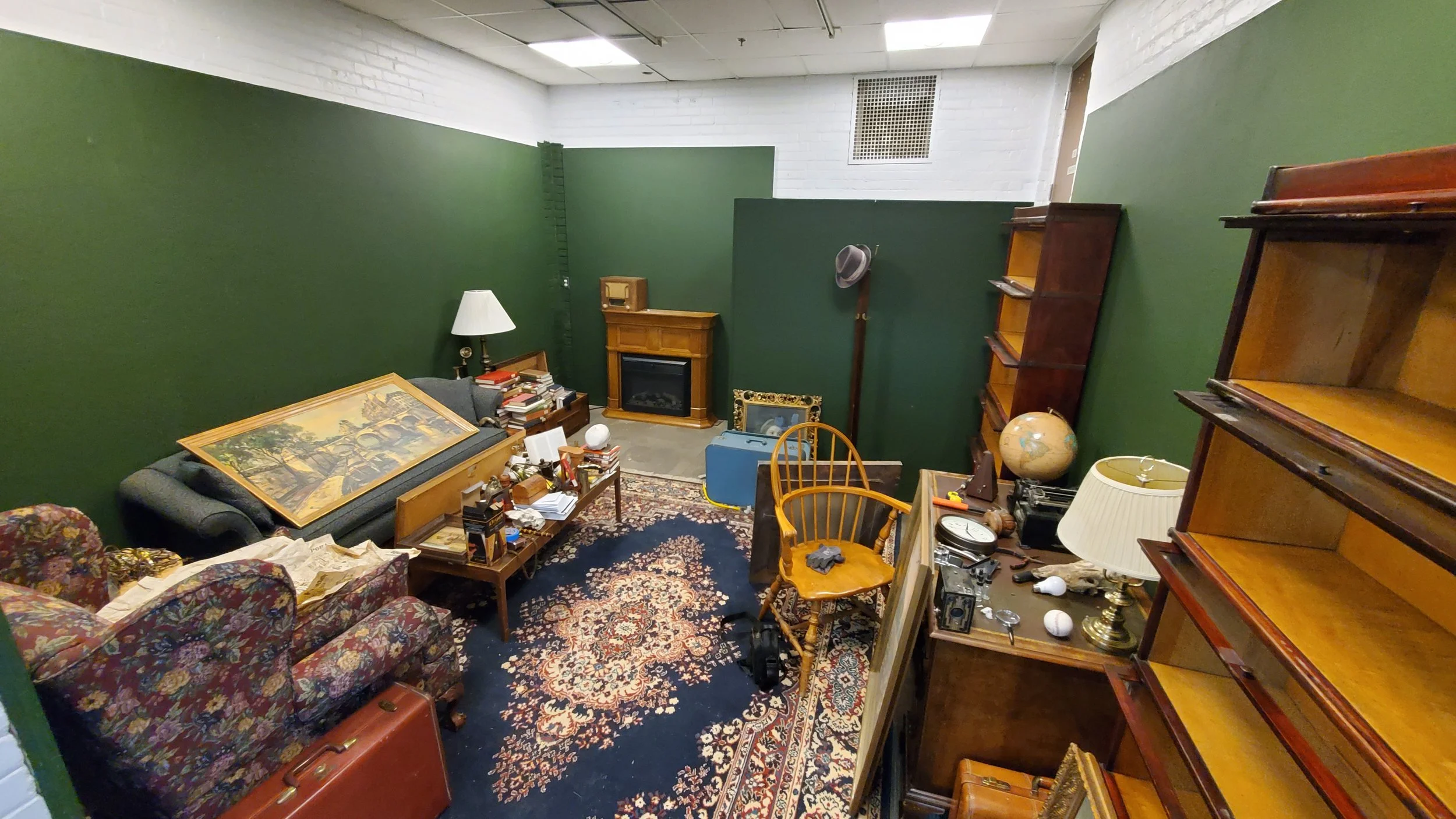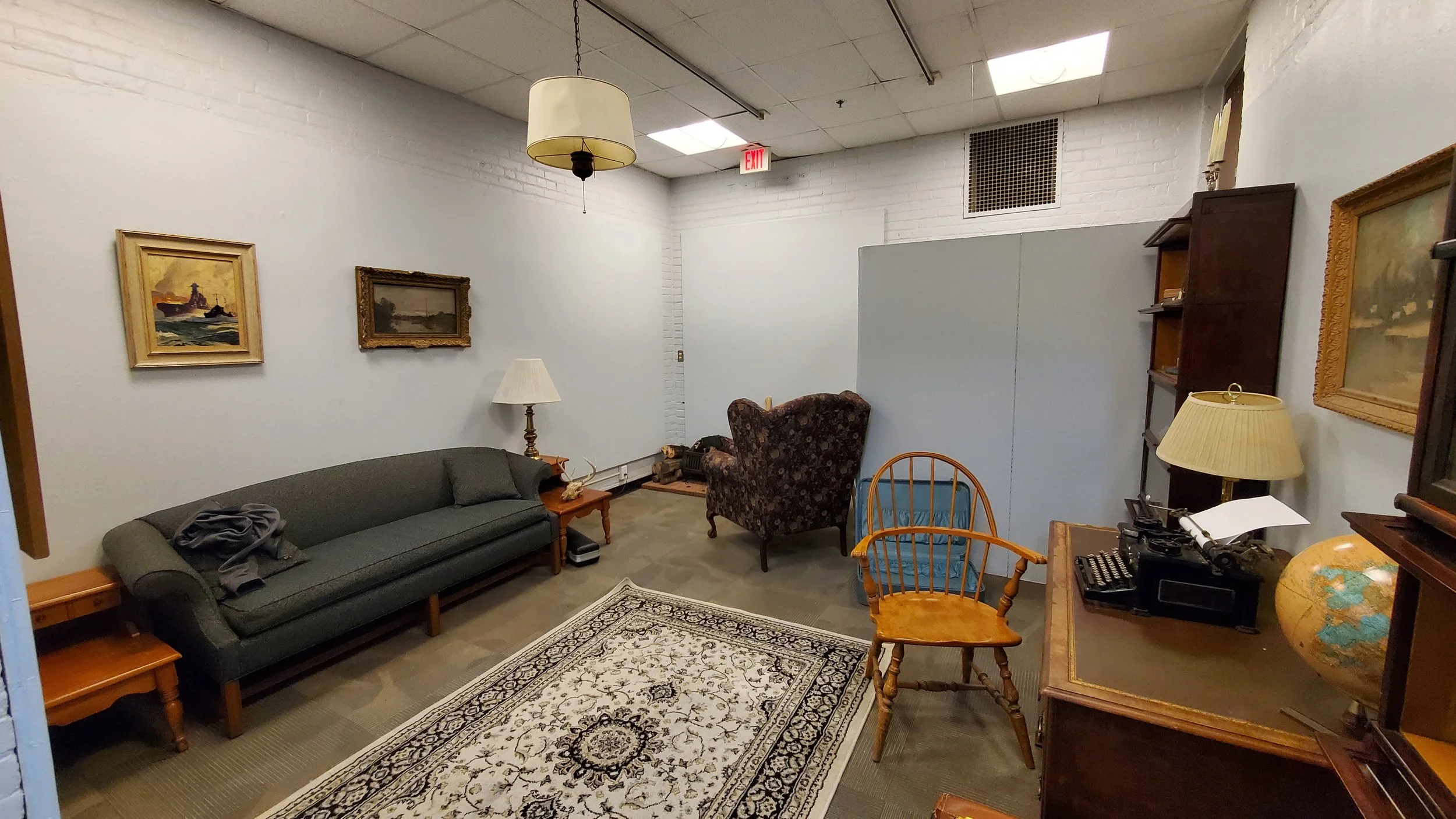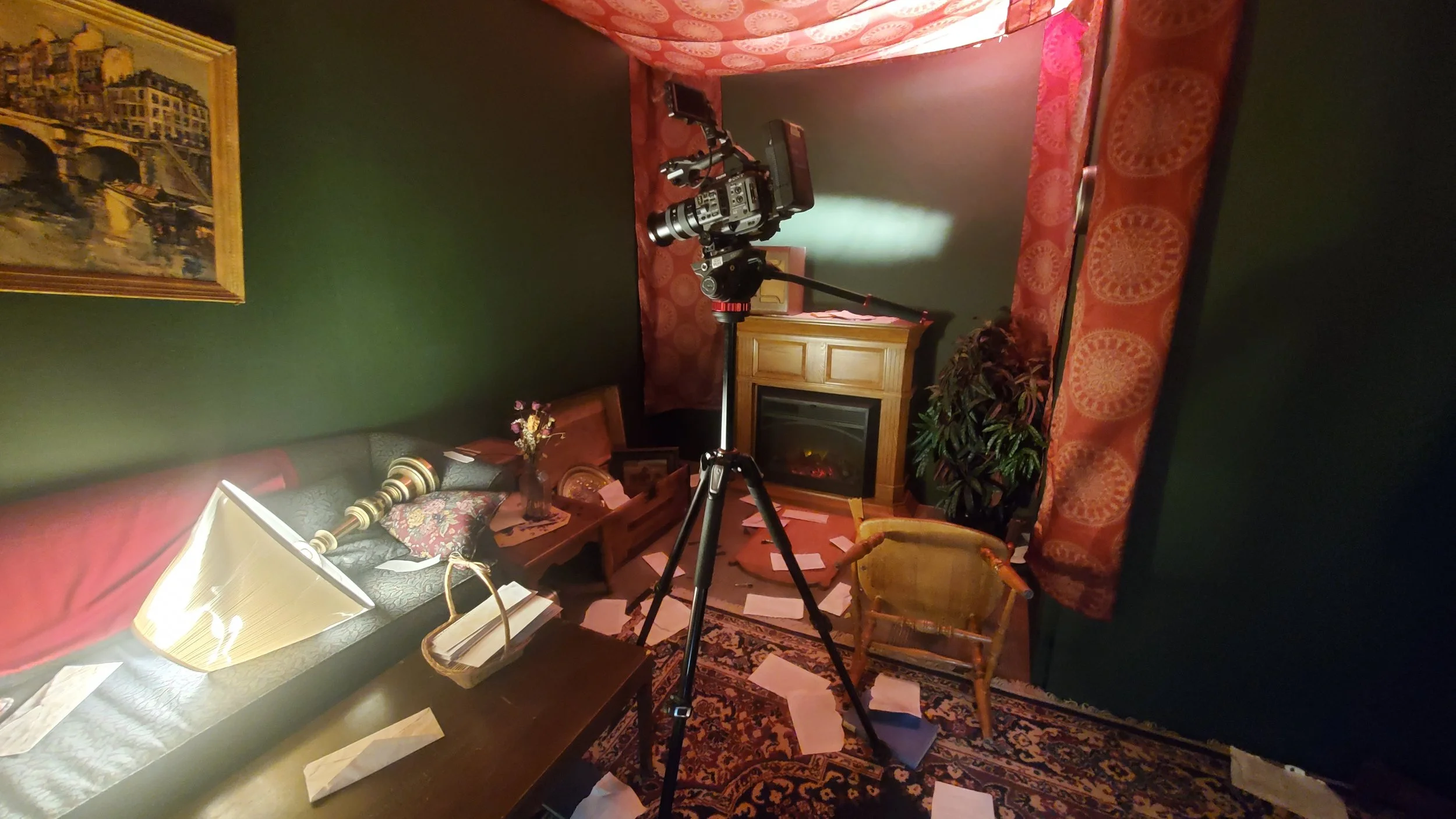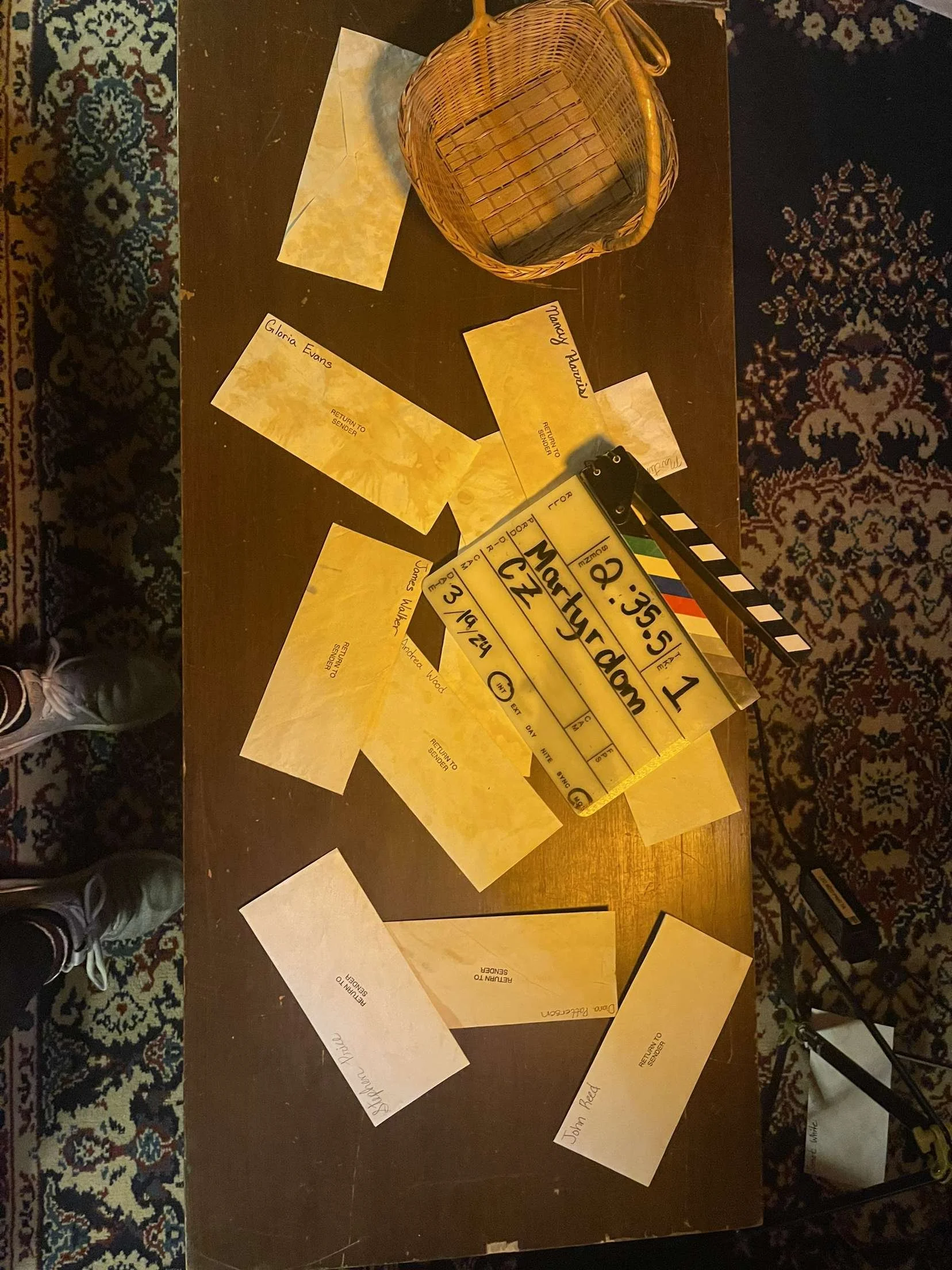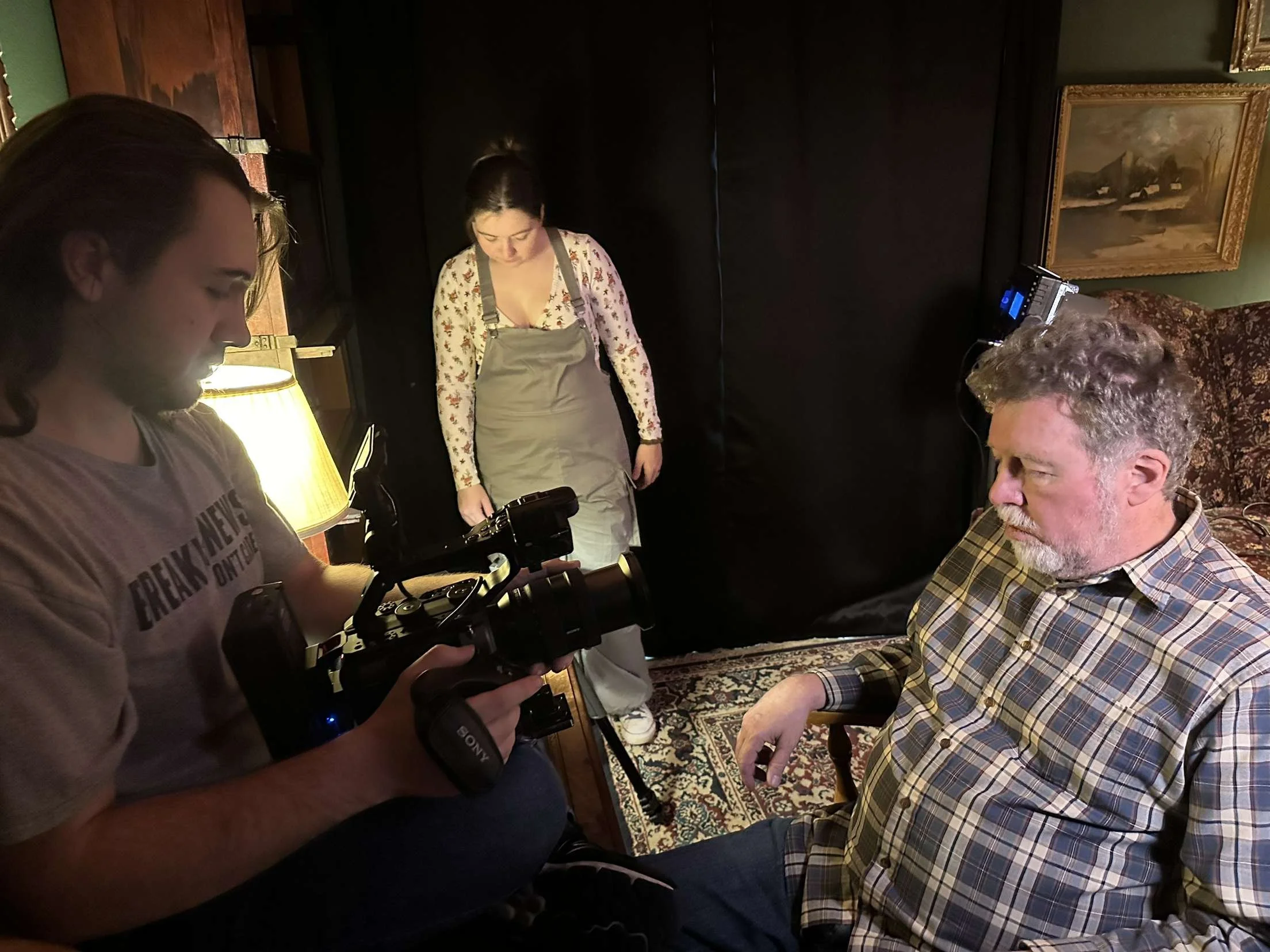Experimental Short Film by Corey Zeneberg
Martyrdom
Overview
Martyrdom is a loosely-autobiographical, experimental short film that examines how people with White Knight Syndrome (WKS) are affected by the mental illness. Using my own experiences combined with those of my actor, I created a piece about a man who is stuck in a repetitive environment with other's problems being the only outlet to keep him company. Arriving in the form of letters, The Man reads, responds, and "ships them back" similar to advice columns like Dear Prudence or Ask Amy. Utilizing my crew's full potential, footage and audio were completed separately to encapsulate the experimental feel once they were all placed together using films such as Man with a Movie Camera (1929) and The Innocents (1961) to guide editing choices.
Film Poster
Corey Zeneberg: Director
Justin Kissling: Assistant Camera
Moss Ely: Foley Artist & Sound Engineer
Miranda Patterson: Screen Writer
Elinor Hnzida: Assistant Camera
Alexis Norko: Assistant Camera
Mike Klahre: Actor
Amanda Baker: Cinematographer
Purpose
Martyrdom serves two very important purposes to me, giving a voice to those with WKS and elevating my chances of a career.
Throughout my time watching and analyzing films, people who have properties of WKS are commonly viewed as comedic side-pieces or the “knowledge holders”. In reality, WKS can be a very severe issue with lasting impacts on the personality, psyche, and relationships of the sufferer. This film intends to give a voice to those of us with WKS and give me a coping mechanism for my progression through this mental illness.
This film is also planned to be polished after the premiere and sent to film festivals with the hope of being selected. This would allow me to gain accolades, recognition, and, ultimately, a chance to network with professionals in the industry. This would give me opportunities to make it onto professional film sets and continue my journey as a “man with a movie camera”.
The Process
Introspection & Research
Given that this short was based on my own experiences, I started by creating a list of how WKS has affected my life. I then looked at the research and the scientific side of the syndrome to find out how it affects others. Utilizing this, I deciphered a way to express the compulsive need to help others by looking to advice columns like Dear Prudence.
Screenwriting & Set Design
Propositioning a screenwriter was the easy part, deciding on how to accomplish a screenplay that was in my head with no technical knowledge of how to write a script was not. My screenwriter and I decided that the easiest way to accomplish this was to sit inside my set (that had already been built for a different project I was working on) and have me speak aloud my ideas while she wrote.
Immersive Table Reads
Once a few revisions had been made to the script, I brought people into the set and read the script to them. This was intended to garner an understanding of whether the script portrayed the idea well and if the listeners could visualize the film. I also allowed them to critique the script and ideas to make the screenplay that much better.
Recording & Reshoots
The simplest of all of the process was the recording. Taking place over a month, give or take, my crew worked tirelessly to get all the footage we needed. Reshoots were needed multiple times to fix errors in continuity and pacing, especially when my actor shaved midway through filming.
Post-Production
Post-production was the hardest of everything. We purposely shot without audio, so foley was required for everything. Editing was done in conglomeration with shooting footage due to the limited amount of time I had. My co-editor and I worked til nearly 3 am most nights to finish the final cut including leveling audio and mastering the visual effects.
Professional Review
Throughout the process I had multiple professionals review my film for their respective niches. These included editing & pacing, viewer reaction & understanding, acting & continuity, sound & visual effects, and cinematography & length. Each person helped immensely in the process, giving feedback and helping polish the product. This short would not have been completed without them all.
Senior Biography
Corey Zeneberg, originally from Mt. Pleasant, MI, is planning to graduate in April with a degree in both Art & Design and New Media Studies. He focused his studies in Fine Art Photography & Photojournalism and Experimental & Documentary Film Production respectively. Corey has been published in various anthologies including being featured on the front cover of The Sketchbook 2023 and a camera operator on multiple films with the most notable being The Farm to Table Project in 2023.
After college his goal is to be behind a camera, but he would love to be the director of photography and camera operator on documentaries.

